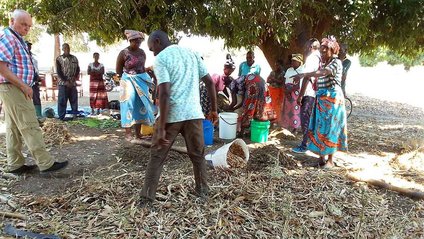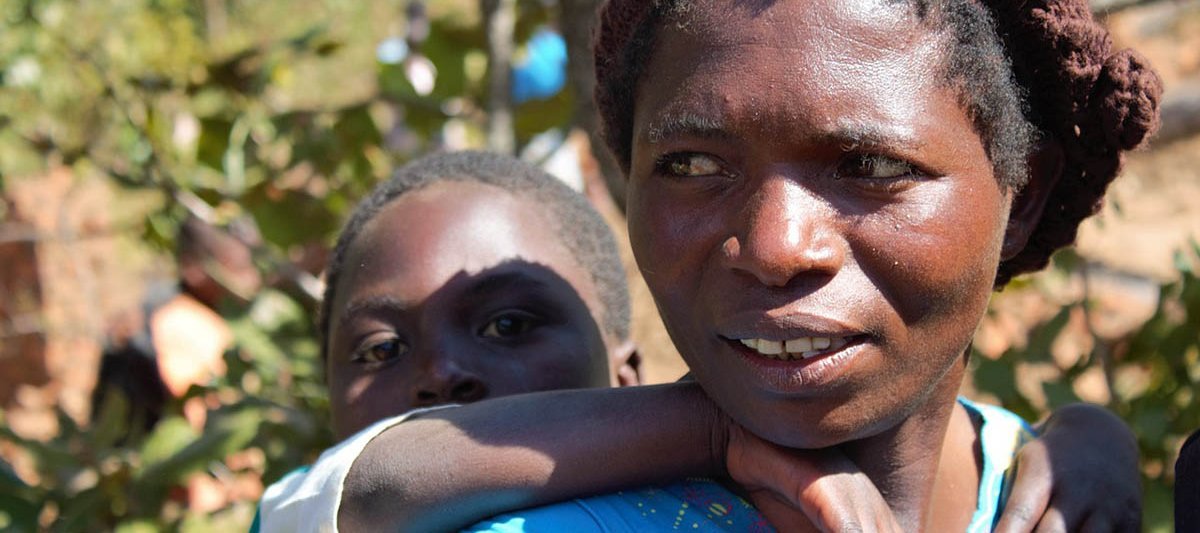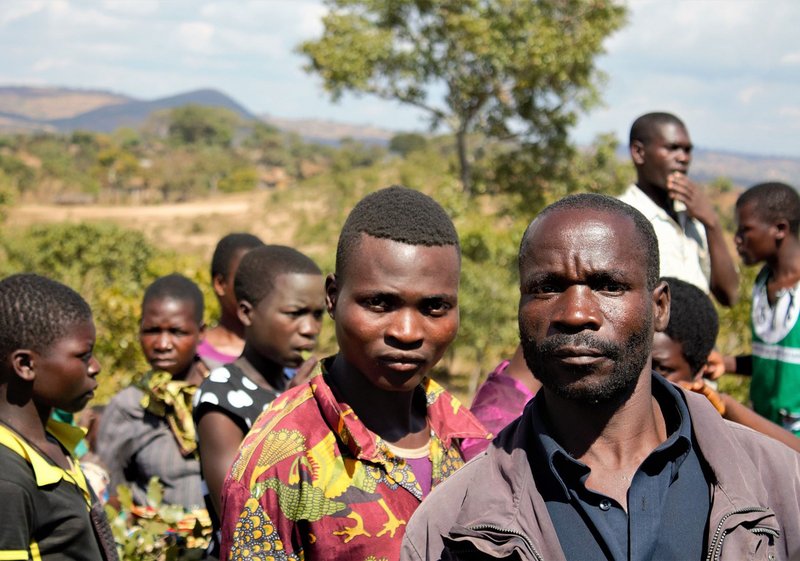Donate for Malawi
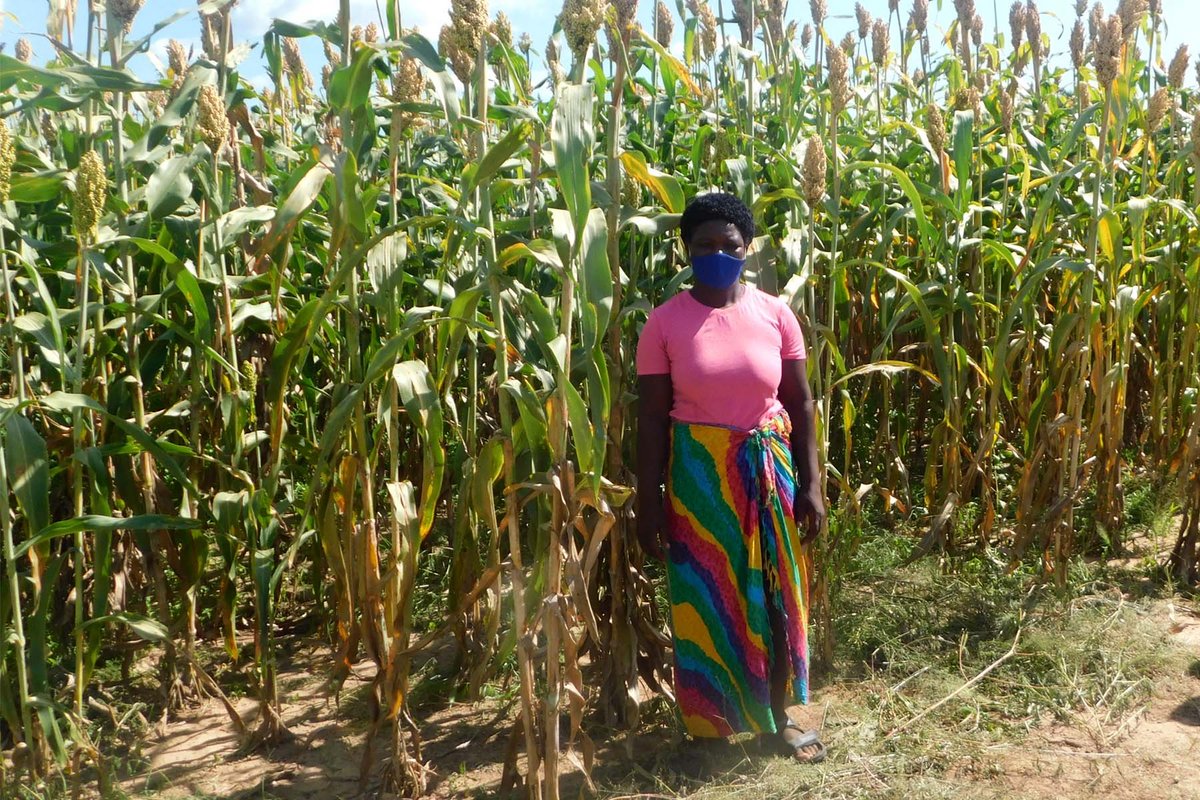
Help in Malawi
Malawi is one of the poorest countries in the world. Moreover, natural disasters such as Cyclone Freddy are increasingly destroying the harvests and thus people's livelihoods. With sustainable agricultural projects, Help supports families in Malawi in improving their living conditions through their own efforts.
How is Help providing support in Malawi?
Ways out of poverty
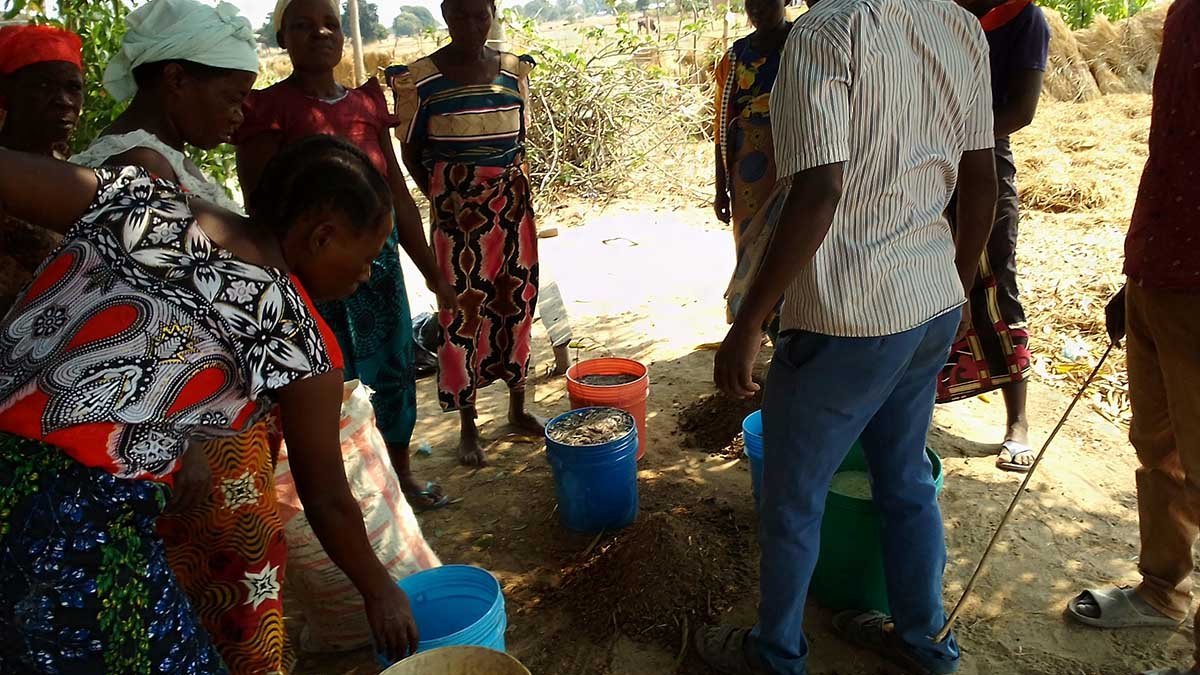
Help supports people in Malawi in developing sustainable and future-proof agriculture. In cooperation with local partners, we provide farming households with tools and resources so that they can produce and sell food more effectively and in a more environmentally friendly way. This gives people the opportunity to overcome hunger and poverty through their own efforts.
The key to the sustainable success of the project is education. In training courses and workshops, the smallholders learn, for example, how to use dry soils efficiently and carefully and how to protect themselves from the effects of climate change by growing different types of vegetables. They also learn how to successfully resell their produce. The additional income gives the families the opportunity to build up financial reserves and prepare themselves better for future crises.
The success of the smallholder farmers trained by Help makes them role models and multipliers. As "lead farmers", they pass on their knowledge to others, thereby increasing the impact of the project. An innovative approach that has already proven its worth in neighboring Zimbabwe.
Donors: ADH (Aktion Deutschland Hilft)
What is the situation like in Malawi?
Fighting the climate crisis
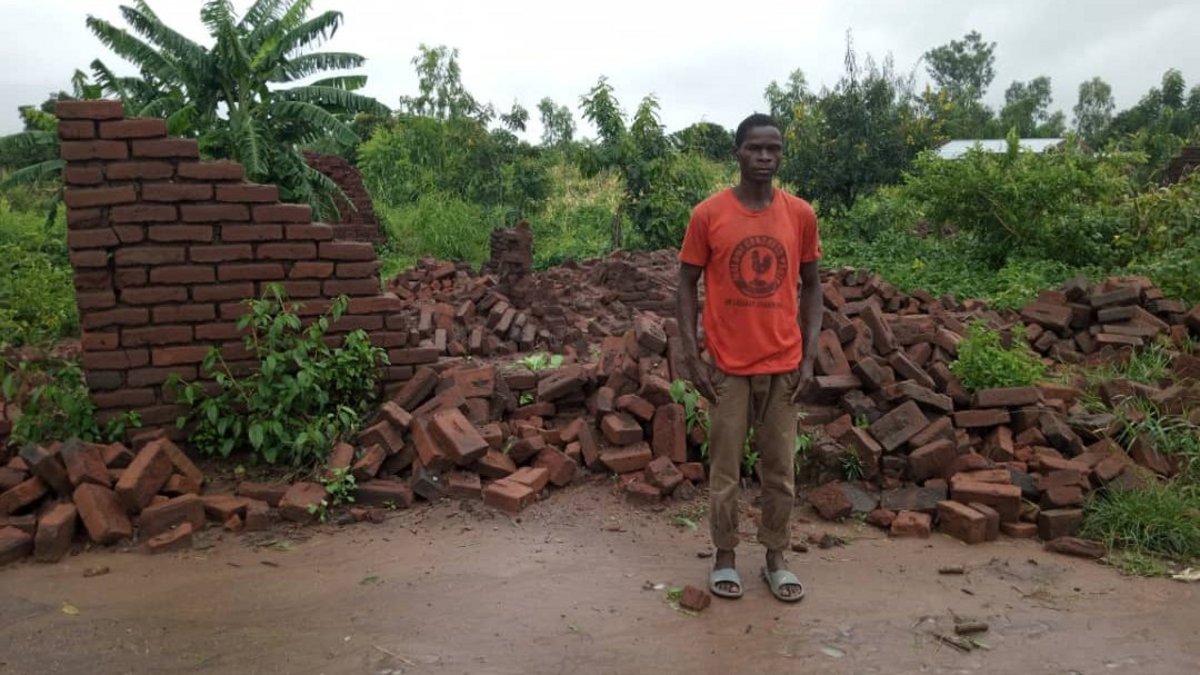
In Malawi, the consequences of the climate crisis are already being felt in full force. Droughts and floods have increased significantly in recent years, as have extreme weather events. In 2019, Cyclone Idai swept across Malawi and devastated entire regions. Almost 87,000 people were left homeless. The next disaster followed in early 2023 with Cyclone Freddy. The tropical storm caused enormous destruction and claimed the lives of more than 500 people.
The main reason for the extreme weather in Malawi is the El Niño climate phenomenon, which brings drought or heavy rainfall to southern Africa at irregular intervals. Climate change is intensifying El Niño - with catastrophic consequences for the population.
Many people in Malawi live in abject poverty and are threatened by hunger. The majority of the population is dependent on agriculture, which is mainly practiced to cover their own food needs. The increasing crop failures due to droughts and floods therefore hit people hard. Famine is a recurring threat in Malawi and around a quarter of the population is chronically undernourished.

